On Democracy and Progress
In stock
‘All human beings are born free and equal in dignity and rights’ -this is a modern concept of man. Democracy claims its legitimacy upholding this view. Historically, the bourgeoisie had struggled against feudalism for democracy. But capitalism uses man as a mere source of labour-power. That makes democracy incoherent. Some of the raging battles of the twenty-first century are being fought with one side under the banner of dignity, the other invoking the name of rights. Amply, enumerated, the elements of right are derived from presumed notions of dignity. But dignity has acquired no putative definition, only multiple, often conflicting, translations. With a declining population at home, the center of world capitalism imports labour from the periphery. The immigrants’ sense of dignity is violated by the exercise of capitalists’ rights. Capitalism thus faces a new sort of crisis in the century of democracy. Human beings have many differences among themselves in external and internal features like inherited fortune, living conditions, and physical abilities. But their genetic disparity in terms of heredity codes is miniscule, only one-tenth of one percent. Men were born equal, but they are unequal everywhere, having been deprived of social resources. Removal of these deprivations, which occur due to institutions, can make human being equal again. That would be the ‘democracy of democracy’, a pathway to real progress. This constitutes the central concern of this book.

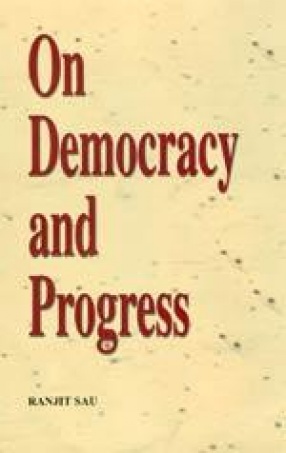
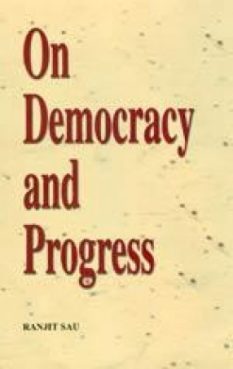
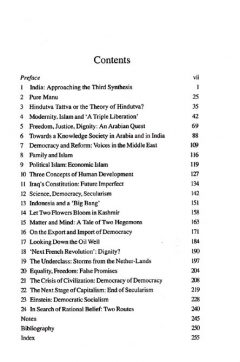
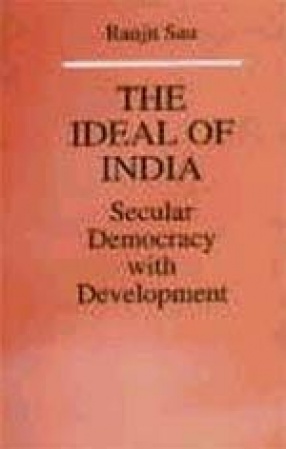

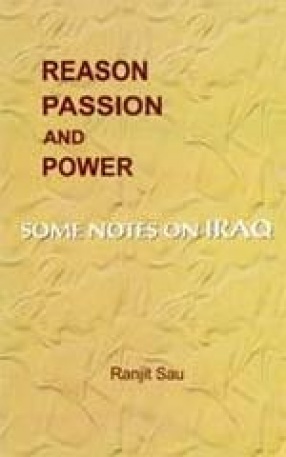
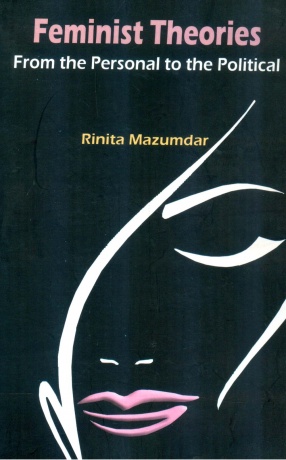
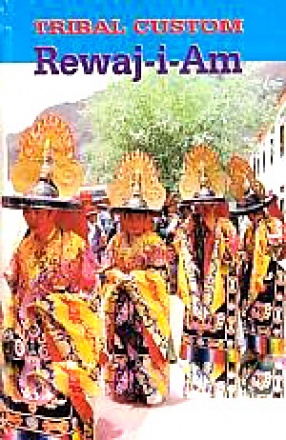
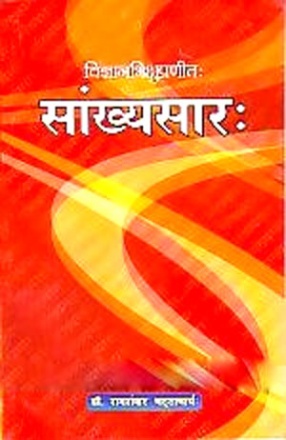
There are no reviews yet.